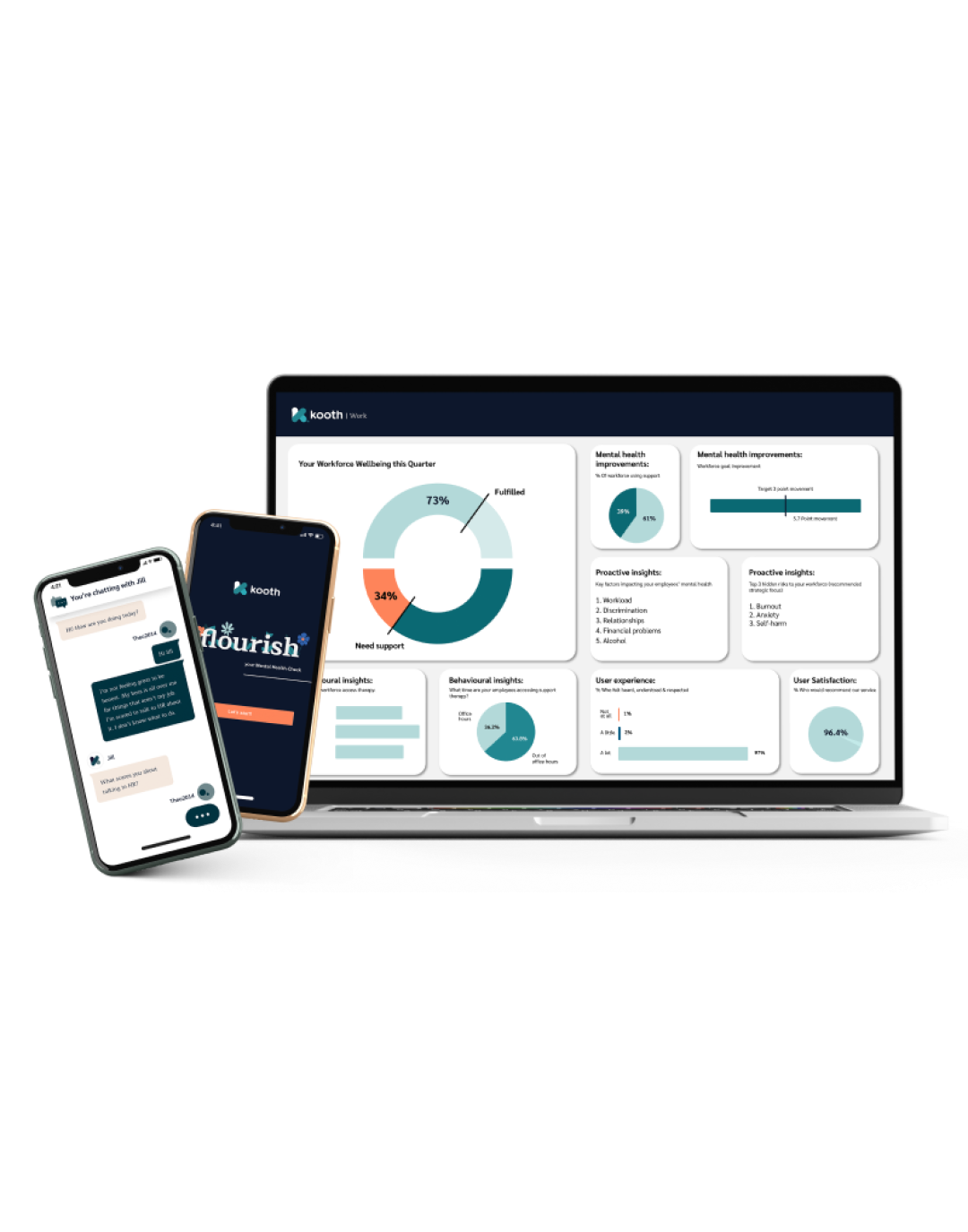Most forward-thinking companies operate safe places to work. Yes, there can be bullies, or unpleasant colleagues, but on the whole, work isn’t an unsafe place to be. Dig a little deeper though, and isn’t it hard to be an honest version of yourself at work?
No-one wants to show vulnerability in front of workmates. Hardly any of us freely admit ignorance, confusion or weakness.
But what if your workplace allowed for that kind of openness? Could there be benefits to showing a level of honesty, even if that feels like the antithesis of regular, flawless work you?
Google thinks so. While looking into how teams can best function together, they rediscovered the idea of the ‘psychologically safe space’. It’s not a new idea, but it wasn’t something many businesses were thinking about.
And yet according to Google’s extensive research, the best performing teams operate in an environment where frailty is respected, confusion is shared and there are no stupid questions.
In fact, this psychological environment was a much bigger factor in which teams were productive than who was in the team, where they were based or the skills of the team members.
In principle, this is a fantastic insight – we can all relax and not worry about feeling inadequate when we don’t quite follow the boss’s latest presentation. But no matter how often you tell people that it’s okay to not understand everything 100% of the time, the world doesn’t work that way.
There’s a natural barrier to break through before people will openly present themselves as normal, flawed human beings. That’s not what work is for.
We might be hamstrung by old stereotypes of power dressing and climbing the greasy pole. Work is competition and success is winning. Winners don’t question how things are done or ask for extra time. And winners definitely don’t make mistakes.
The Google research reveals just how outdated these ideas of success are. But how do you create a safe space that isn’t just a sign on the door?
“Telling people that they’re allowed to challenge norms, be open and make mistakes isn’t going to suddenly create a perfect team,” said Dr Lynne Green, chief clinical officer at Kooth . “Unless they see people thriving in this environment, you might as well tell them to work in a foreign language. It’s not going to happen and it isn’t going to work.”
One option is to let some personal vulnerability open doors to work-based honesty. At a recent workshop in The Netherlands, Steven* was responsible for bringing together experts from a range of disciplines to create a technical programme aimed at improving mental wellbeing at work.
“I was aware we had very successful people in the room, with different views about how the programme should look. So, to begin the session, I pulled up a picture of me at a retreat and told the group it was the moment I faced up to my decades of depression. After that, everyone naturally opened up to their own struggles – physical or mental – and we worked together beautifully for two days.”
Obviously, admitting personal weakness can be a difficult challenge too, but Dr Green says it’s important for leaders to show fragility if they want to foster an environment where people feel safe. “In a moment, that manager who talks too much and shuts down debate, becomes someone with a sick mother, or a child who’s struggling at school.”
By changing the way people view one another, there’s a great chance that mistakes, strange ideas and ‘dumb’ questions will be kept in proportion. And once that happens, the organisation can start to measure the benefits of the new, safe team dynamic.
Think about it intuitively and this makes perfect sense. Allow people to be human and they do better. Let people interact as humans do – questioning, challenging, making mistakes and admitting flaws – and they deliver better results and are happier doing it.
It took Google over two years of intensive research to prove this, but now they’ve delivered the results, we all have the chance to make it click.
[*Not his real name]





